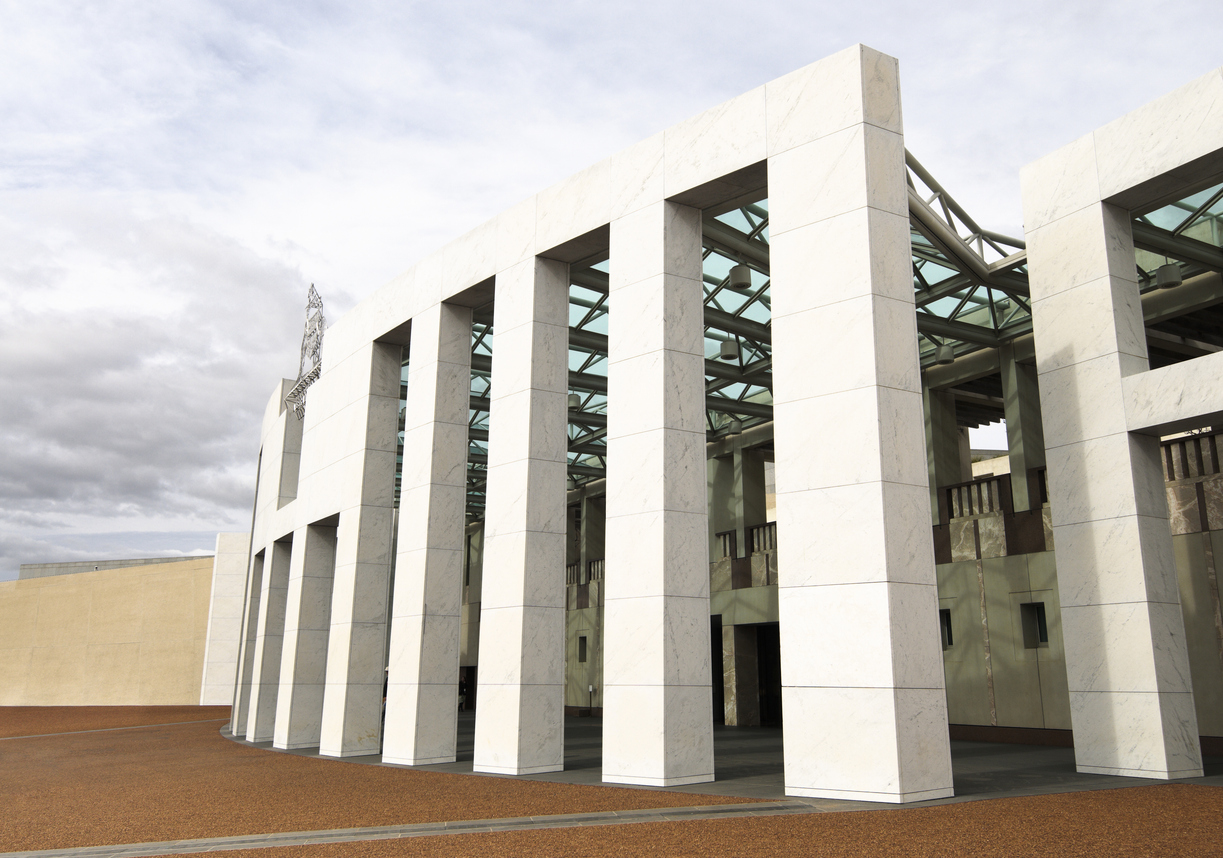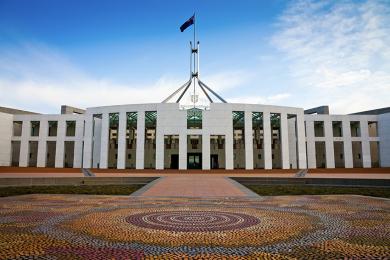26 June 2023
Improving the efficiency of the Greenhouse and Energy Minimum Standards Act 2012

The Australian Government is proposing important improvements to the Greenhouse and Energy Minimum Standards Act 2012 (the GEMS Act).
The GEMS Act supports a national framework that regulates the energy efficiency of products and equipment supplied in Australia. It does this through setting either Minimum Energy Performance Standards, energy rating labelling requirements that help consumers make informed purchasing choices, or a combination of both.
In the first 10 years of the GEMS Act, it is estimated to have saved the equivalent of half of Victoria’s greenhouse gas emissions in 2021, and saved Australian households and businesses between $12-18 billion.
The proposed improvements being made through the Greenhouse and Energy Minimum Standards Amendment (Administrative Changes) Bill 2023 (GEMS Bill) will address known administrative issues and findings made in the 2019 Independent Review of the GEMS Act, including:
Making it easier for suppliers and businesses selling custom or bespoke products. Currently businesses need to register customised or bespoke products before offering them for sale or supply. This change would mean businesses will only need to register a custom GEMS-related product when the product has been produced and ready to supply to the buyer.
Extending ‘grandfathering’ provisions to compliant stock. Currently, only stock that cannot meet the GEMS requirements and was manufactured in, or imported into, Australia prior to the new or updated determination taking effect can continue to be sold without registration. This change would mean all existing stock of products that have already been imported or manufactured in Australia that would be compliant under new or updated determinations, can be supplied without the need to test or register.
Enabling timely and targeted exemptions. This change means the GEMS Regulator will be able to make a product exempt from a specific part of a requirement in a determination, rather than only being able to make them exempt from the whole requirement. For example, if a particular dishwasher detergent specified in a testing standard is unavailable, the GEMS Regulator can only exempt the product from the overall labelling requirement and that product cannot have an Energy Rating Label. This change would mean an exemption can be made to use an alternative dishwashing detergent, so the product may be assessed under the energy labelling requirements.
Enabling new testing methods to be recognised. Currently, GEMS determinations state that products must comply with specified testing methods to be registered. However, international testing methods are often updated and this can result in businesses needing to test products multiple times. These changes will provide the GEMS Regulator the flexibility to recognise new and updated testing methods that are at least equivalent to Australian standards and remove the need to conduct testing specifically for the Australian market.
Overall, the proposed changes will improve and modernise the GEMS Act by making it easier for businesses and industry to comply with the regulations, and provide flexibility to introduce more energy efficient products in the Australian market. These updates also support the National Energy Transformation Partnership and National Energy Performance Strategy, by helping Australia meet its international commitments to climate change and reach Net Zero by 2050.
Read more about the proposed changes to the GEMS bill.
The GEMS Bill will be considered by Parliament in the coming months.
Recommended for you

About
E3 Achievements report 2019-2021
E3 Achievements report 2019-2021
23 August 2021
About
It’s now easier to sell energy-efficient appliances
The Australian Government has made it easier for businesses to sell energy-efficient appliances such as air conditioners, fridges and televisions through the passing of the Greenhouse and Energy Minimum Standards Amendment (Administrative Changes) Bill 2023 (GEMS Bill) on 20 September 2023.
20 September 2023
About
Commercial ice-makers now regulated under the Equipment Energy Efficiency (E3) Program
On 3 March 2025, the Greenhouse and Energy Minimum Standards (GEMS) Commercial Ice-makers Determination 2025 was registered on the Federal Register of Legislation. This follows an agreement by the Energy and Climate Change Ministerial Council to regulate these appliances for their energy efficiency in January 2024.
08 May 2025
